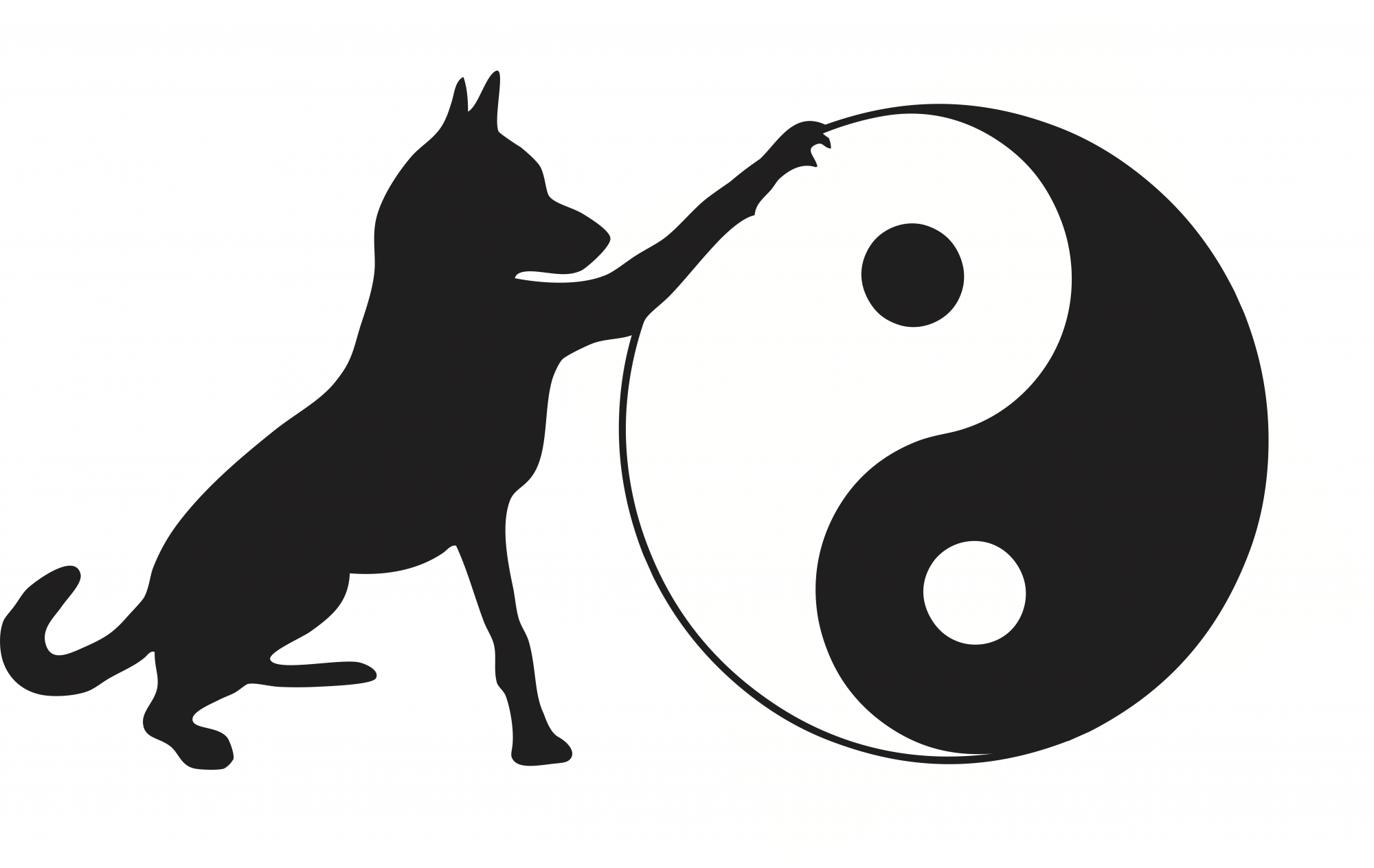An Integrative Approach to Cardiopulmonary Disease in Dogs

Cardiopulmonary disease in dogs affects the heart and lungs. An integrative approach pairs the disease treatment expertise of Western veterinary medicine with early prevention and holistic health support of Eastern medicine.
Your friends at Oakland Veterinary Referral Services want to explain more about cardiopulmonary disease in dogs, its prevention, and an integrative approach to its treatment.
What Is Cardiopulmonary Disease in Dogs?
Cardiopulmonary disease includes a variety of conditions that affect the heart and lungs and their ability to circulate blood and oxygen to the rest of the body. Up to 10% of dogs, usually senior dogs, live with heart and/or pulmonary disease. This translates to millions of dogs in the U.S. alone that suffer from cardiovascular or pulmonary problems.
Symptoms can be hard to pin down for most pets at first, but the signs become more obvious as cardiopulmonary disease progresses:
- Difficulty breathing, breathing heavily
- Restless at night
- Fainting spells
- Weakness
- Persistent coughing
- Reluctance to play/lack of interest
- Depression
- Weight loss/gain
- Collapse
At the point when symptoms have become clear, a dog already has cardiopulmonary disease. If your pet is diagnosed with cardiopulmonary disease, your veterinarian will likely refer your pet to a veterinary cardiologist who will treat your pet with medications and lifestyle changes from Western medicine.
Integrating Eastern and Western Care
OVRS believes that integrating complementary Eastern therapies with Western medical treatment is the best treatment for the complexity of cardiopulmonary disease.
Western medicine starts when recognized symptoms of cardiopulmonary disease are severe enough to be diagnosed. The focus of Eastern veterinary medicine is preventive care, looking at early indicators to address imbalances in the body that are precursors to disease.
According to Traditional Chinese Medicine (TCM), there are energies at work within the physical body known as qi. Specific meridians radiate outward from the spine that are the pathways of qi.
In Eastern medicine, the heart is the center of operation in the body for consciousness and vitality. It also governs the blood, which carries oxygen and nutrients throughout the body. The lung inhales qi through breathing and stores it in the kidneys.
Treating Cardiopulmonary Disease in Dogs
Wondering how this relates to heart disease? An Eastern medicine perspective views heart issues as blocked or trapped blood and qi. It believes in intervening sooner to unblock qi and restore blood flow. It also looks to strengthen weakened kidneys that are unable to grasp descending qi. In Chinese medicine, weak kidney qi is often where poor health starts.
Using an Eastern perspective, we prescribe herbal supplements to encourage the flow of qi and improve blood flow and respiration. This will also improve the health of the kidneys. By releasing the qi through better breathing, it is able to flow freely through the lungs, digestive system, and kidneys to keep them healthier and prevent or slow disease including cardiopulmonary disease.
Eastern medicine is also a great help for dogs who don’t tolerate Western medicines or have adverse reactions to traditional treatment.
Keeping Your Dog Healthy as They Age
Traditional Chinese Medicine has been around for a few thousand years and has proven to be effective in preventing a variety of diseases. We are excited about the possibilities of integrating Eastern medicine with Western veterinary medicine to keep your dog healthy as they age.
If you would like more information about cardiopulmonary disease in dogs, please contact us.


